Tax Efficient Index ETF Portfolio for Non-Registered Account
There may come a point during the year that you max out your registered Canadian investment accounts, or if you are living abroad, there might be certain restrictions on what you can contribute to tax-advantaged accounts. The great news is that no matter what your situation is, you can still open a non-registered tax efficient ETF portfolio.
If you are living and earning an income abroad, or have maxed out your TFSA and RRSP, you may not be able to contribute to an RRSP or a TFSA.
Read on to find out how you can invest in the best tax efficient ETF in Canada, no matter where in the world you are, so you can keep more of your money when you’ve reached your goal of financial independence.
If you don’t have a brokerage account yet, you’ll definitely need one to buy tax efficient ETFs! Qtrade is our top recommended broker. You’ll be able to trade ETFs for free and they have an amazing promo going on that will fetch you $2,000 in cash back!
Why ETFs Are So Tax Efficient?
ETFs are popular for many reasons, one being that they are extremely tax efficient compared to mutual funds.
One of the main reasons why you end up paying less in taxes when it comes to ETFs is because the way they are managed makes it unlikely that you will pay tax on capital gains made within the ETF.
When it comes to dividends, while some ETFs don’t pay out dividends, there are some Canadian dividend ETFs. If they do pay out dividends, you will be taxed on those earnings if the ETFs were held in a non-registered account.
This is where super tax efficient ETFs come into play. If you do all your investing within your TFSA and RRSP then the tax efficiency of dividend distributions vs capital gains is irrelevant to you. The same cannot be said if you have a non-registered portfolio. Want to know more about our top ETF picks? Find out more at our full write up on Canada’s best ETFs.
The Most Tax Efficient ETFs: Swap-Based ETFs
If you are looking for the most tax efficient ETFs in Canada (for your non-registered account), look no further than swap-based ETFs.
Simply put, swap based ETFs are ETFs that don’t directly hold stocks or bonds. Instead they provide investors with the same benefits of investing in a particular ETF by tracking an index, but because the funds don’t hold stocks or bonds, you won’t be taxed on distributions. Instead the money is swapped according to a contract between the swap counterparty and the ETF.
You end up with the same total return as the underlying index your ETF tracks, and you’ll keep more of them as there are no dividends paid out. It’s hard to find an ETF that will give you more bang for your buck taxwise.
Here is an example, if you were tracking the TSX 60, and that index gained 7% plus paid out 3% dividends in a given year, then a swap-based ETF would instead show a capital gain of 10%.
This is important because if you were investing in a non-registered account, you’d be paying taxes on that 3% dividend, but now it’s all a capital gain that won’t be taxed until you sell the ETF – making it much more tax efficient.
The Best Tax Efficient ETFs in Canada
Horizons has created index ETFs that pay 0% in distributions or dividends using swap contracts.
Let’s have a look at some of the best tax efficient ETFs offered by Horizons.
| ETF | Ticker Symbol | Current Price | MER | YTD Yield |
| Horizons Canadian Select Universe Bond ETF | HBB.B | 45.34 | 0.09% | -12.94% |
| Horizons Equal Weight Canadian REIT Index ETF | HCRE.TO | 25.19 | 0.50% | -21.36% |
| Horizons S&P/TSX 60 Index ETF | HXT.TO | 50.39 | 0.04% | -6.20% |
| Horizons S&P 500 Index ETF Units Class A | HXS.TO | 54.95 | 0.10% | -11.66% |
| Horizons NASDAQ100 Index ETF Units Class A | HXQ.TO | 45.93 | 0.28% | -24.43% |
Adding one or more of the tax-efficient Horizons ETFs to your non-registered account is definitely a smart money move if you have maxed out your TFSA and RRSP. If you use Qtrade, you’ll be making another smart money move as you won’t be paying to trade these ETFs!
Are Swap-Based ETFs Safe?
While ETFs in general are designed in a way to mitigate risk against things like fraud, at the end of the day, there is no such thing as a risk-free investment.
Swap-based ETFs add another element of risk, but it is a very unlikely one. Basically the worst thing that could happen is that the counterparty would not be able to pay the annual return because it lost all its money. As we’re dealing with a prominent Canadian large bank, it’s highly unlikely to happen, as the bank would essentially have to go bankrupt.
Another unlikely, but not to be ruled out risk, is if regulators decide to end the tax-free party and make swap-based ETFs illegal or to start taxing them definitely. Of course, if this occurs then a person could simply re-organize their ETF portfolio before the new laws were to take place. It’s not like you would be “on the hook” retroactively.
Kyle has recently wrote a much more in depth guide specifically about the best swap-based ETFs in Canada. I recommend reading that as one as well if want to learn more about the risks and advantages they offer.
How Do Tax Efficient ETFs Compare to Other Investments?
If you compare tax efficient ETFs to other investment vehicles such as mutual funds, bond ETFs, and REIT ETFs, just looking at the tax aspect, swap ETFs win every time.
Mutual Funds vs. Tax Efficient ETFs
Mutual funds are actively managed, which means there will be a whole lot more exchanges going around than in a tax efficient ETF. In the end, this means you could end up paying more in capital gains, management fees and dividend taxes.
REIT ETFs vs. Tax Efficient ETFs
REITs by design are tax efficient as they pay little to no corporate tax in Canada. This means when profits from rental payments and sales are passed on to shareholders, While this is good news, it doesn’t mean you wont pay tax at all.
You will still be taxed, but instead of paying the capital gains rate, you’ll be paying the ordinary income rate if they are invested outside of your RRSP or TFSA.
Bond ETFs vs. Tax Efficient ETFs
Bond ETFs pay out interest in the form of distributions. You’ll pay interest income on those distributions.
At the end of the day, each of the contenders are no match for a tax-efficient ETF. If you’re trading with a non-registered account, tax-efficient ETFs are the clear winner.
To learn more about another ETF option that can offer you more bang for your buck than other investment vehicles such as mutual funds and bond ETFs, check out our run down on the Best All-in-One ETFs.
The Bottom Line
While tax-advantaged accounts should be your go to investment accounts for purchasing stocks, bonds, or ETFs, there are certain situations where you’ll need to trade with a non-registered account. If you do have room in your registered accounts, there’s no need to worry about specifically choosing tax efficient ETFs, just keep investing in those registered accounts!
The good news is that Canadians do have a way to lower their tax liability thanks to swap ETFs, or tax-efficient ETFs.
Qtrade offers you a convenient and easy way to open and manage a non-registered account. When using Qtrade, you won’t have to pay to buy or sell ETFs, saving you even more.
Right now Qtrade has an amazing $2,000 cashback offer. To find out why they are our top recommended brokerage, check out our full Qtrade Review.
I've Completed My Million Dollar Journey. Let Me Guide You Through Yours!
Sign up below to get a copy of our free eBook: Can I Retire Yet?

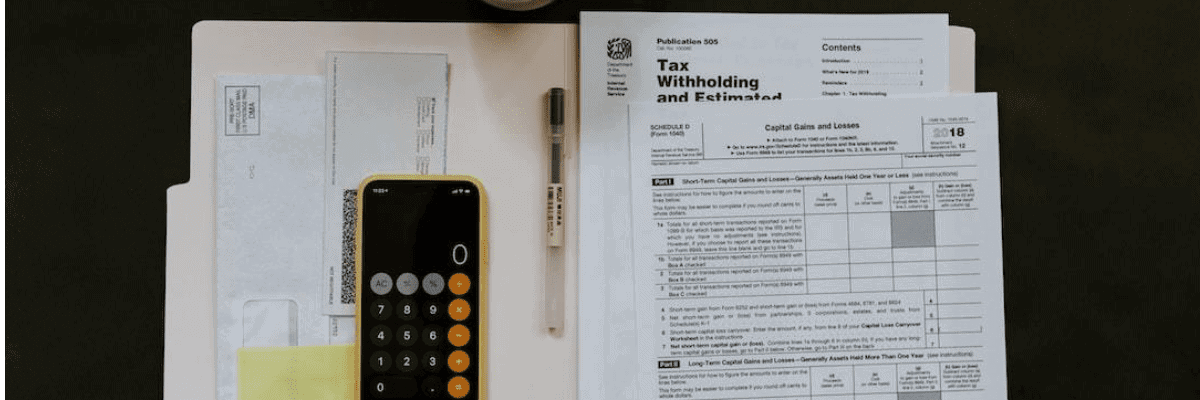


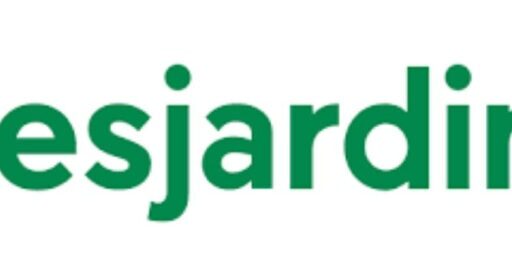
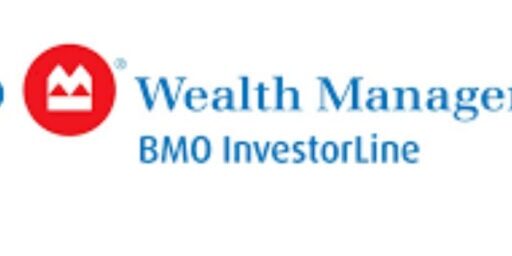


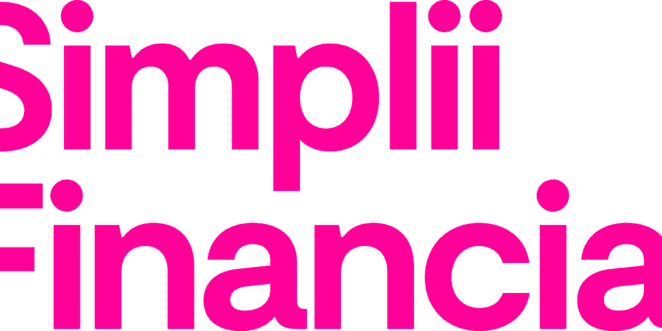
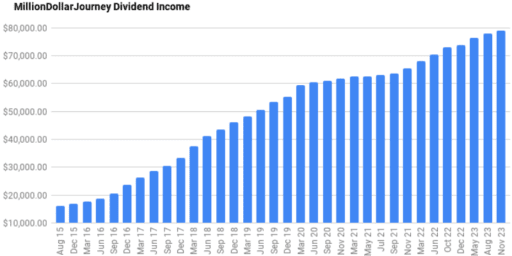

Hi FT,
Now that Horizons uses a corporate class structure instead of their older total return swap structure. Would HGRO/HBAL/HCON, now be compatible with Smith maneuver ? claiming the tax deduction on the investment loan interest ?
I thought I’d read something by Ed Rempel or Rob Smith that suggested diversified Corporate Class Funds are the way to go with SM, because you stay diversified but also tax efficient.
Using HGRO would greatly limit the management and efficiency impact of regular income distributions from diversified ETFs in the SM. Further, once invested the non-registered account grows tax efficiently and unlike with canadian dividend stocks would remain globally diversified.
The increased accessibility and diversification alone could help a lot of canadians dive into the benefits of this SM approach to better save for retirement with a lifecycle approach to investment which reduces last decade risk (like myself)(who have the risk profile and confidence but hesitate because , 1) don’t want the extra headache of screwing up how to claim complex ETF income distributions & 2) have concerns about under-diversify basically one’s whole non-registered portfolio)
Your feedback on this would be greatly appreciated.
I have taken on with Questrade my first leap into ETF’s. The leak proof idea is critical.
Canadian Index (TSX 60): HXT (MER: 0.07% reduced to 0.03% until Sept 2018)
US Index (S&P 500): HXS (MER: 0.40%)
International Index (MSCI EAFE): HXDM (MER: 0.50%)
Canadian Bond Index: HBB (MER: 0.24%)
I just need to know if there is any need for me to track buys and sells to determine the ACB’s and gains or will Questrade issue me the Tslip that will make the CRA happy seeing their cost base and sold price.
If I need to take on the ACB tracking. I have to start now. Your first hand experience is important, as I could not get enough clarity talking to Questrade.
Best bet would be to record your own ACB. I use adjusted cost based.ca.
never invested, not knowing
can you comment on whether you support these being held in TFSA/RRSP? i’m assuming yes but want to be sure i’m not missing something. thks.
I’m not as sure that these are ideal investments for taxable accounts. The CRA is losing tax revenue with these products.
Income trusts (2006) and corporate class mutual funds (2016) were costing the CRA tax revenue, and they no longer exist.
One must consider the possibility that the government will decide that these derivative based products should no longer exist also. In this case, the derivatives are swaps.
In 2013, there were funds using derivatives (forwards) to improve tax efficiency, and once again, the CRA was losing tax revenue. The government decided to end these funds.
http://canadianfinancialdiy.blogspot.ca/2013/03/budget-shoots-down-tax-advantaged-swap.html
http://www.marketwired.com/press-release/blackrock-canada-announces-changes-to-forward-using-isharesr-etfs-1831816.htm
Anyone investing in these products must consider the possibility that they will end, and that they will pay cap gains tax on all their capital gains.
I’m not as sure that these are ideal investments for taxable accounts. The CRA is losing tax revenue with these products.
Income trusts (2006) and corporate class mutual funds (2016) were costing the CRA tax revenue, and they no longer exist.
One must consider the possibility that the government will decide that these derivative based products should no longer exist also. In this case, the derivatives are swaps.
In 2013, there were funds using derivatives (forwards) to improve tax efficiency, and once again, the CRA was losing tax revenue. The government decided to end these funds.
http://canadianfinancialdiy.blogspot.ca/2013/03/budget-shoots-down-tax-advantaged-swap.html
http://www.marketwired.com/press-release/blackrock-canada-announces-changes-to-forward-using-isharesr-etfs-1831816.htm
Anyone investing in these products must consider the possibility that they will end, and that they will pay cap gains tax on all their capital gains.
so essentially you are deferring tax like an RRSP, earning interest off the deferred tax with the added benefit of having the ‘dividend’ being taxed as a capital gain in the future, while in a lower tax bracket?
You got it. These are ideal investments for taxable accounts.
So if I understand this correctly, HXT would be the perfect option for the Smith Maneuver?
Jared, it depends on how you interpret CRAs requirement of income generating business. If HXT does not distribute income, then it may be violating the rules. However, others have talked about using corporate class funds that avoid distributions for the SM. Best to talk to an accountant.
FT, interesting article, thanks. Any specific thoughts on holding these type of ETFs in non-regd corporate accounts?
I like them for corp accounts and looking at hxs to help diversity holdings.
I noticed there is HXS.U.TO and HXS.TO is there any difference?
never mind you can delete this comment .U is for US dollars.
I just looked it up and it appears that HXS.U is in USD.
http://www.horizonsetfs.com/etf/HXS-U
Not a bad idea if you have a USD cash in a non-registered account.